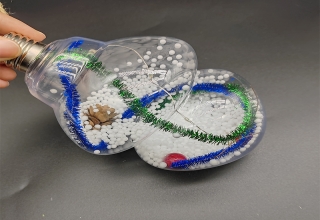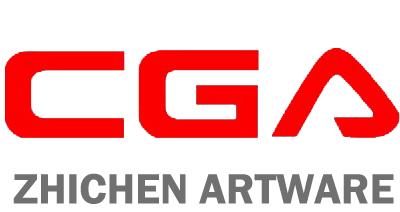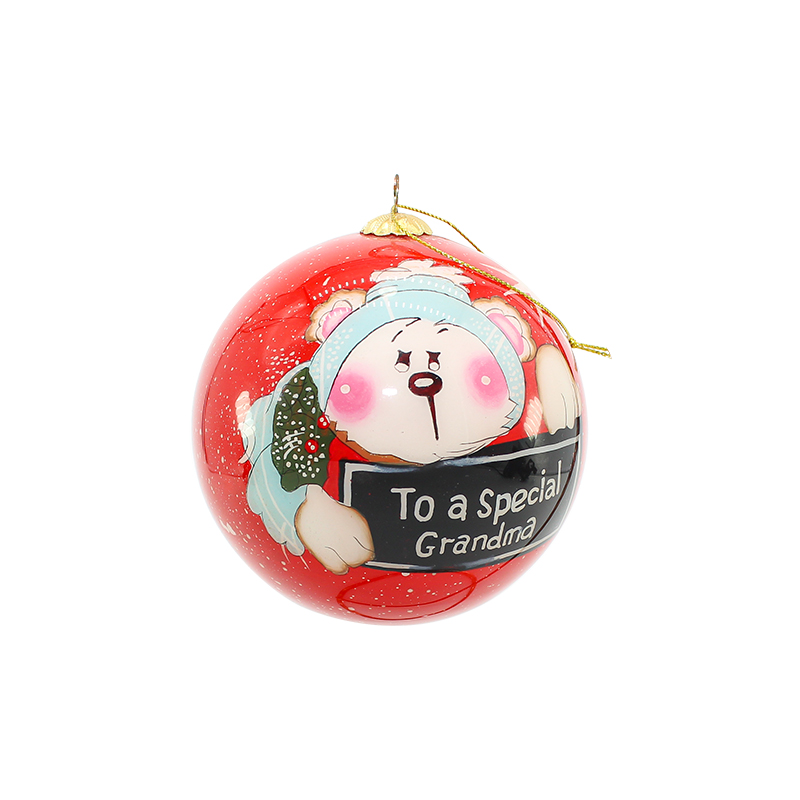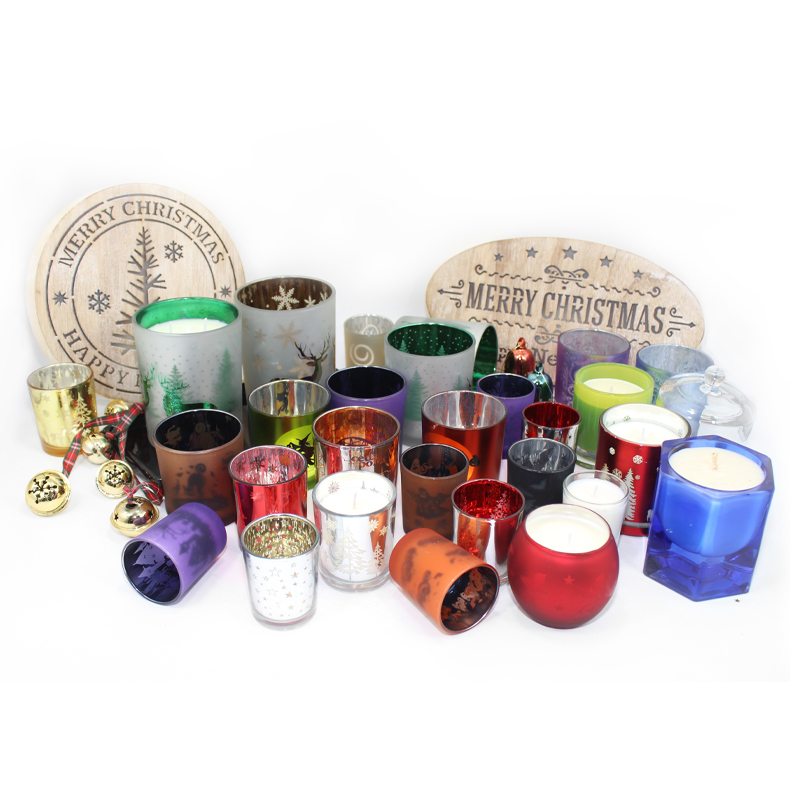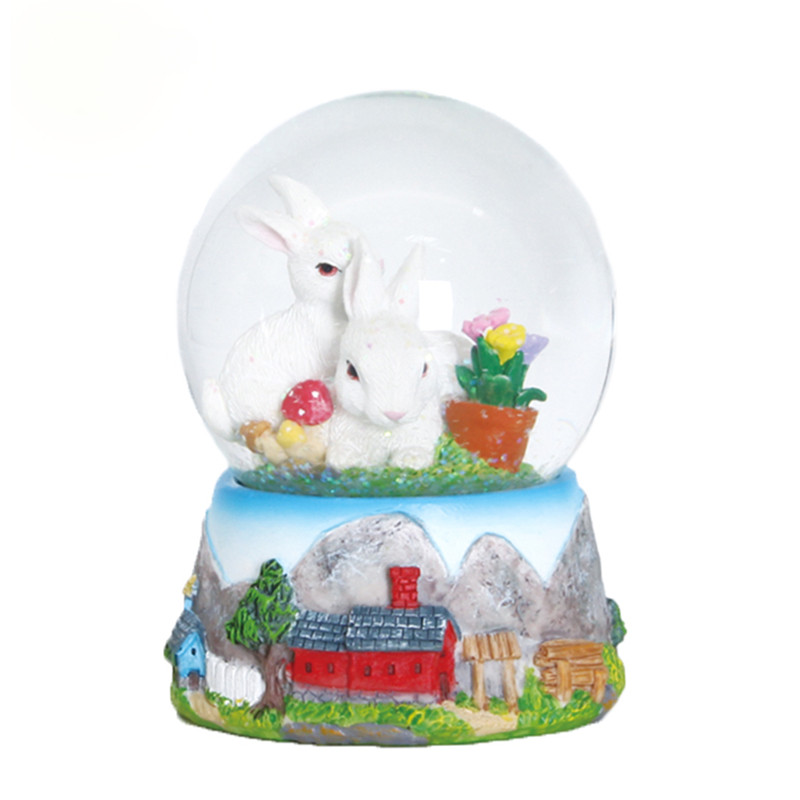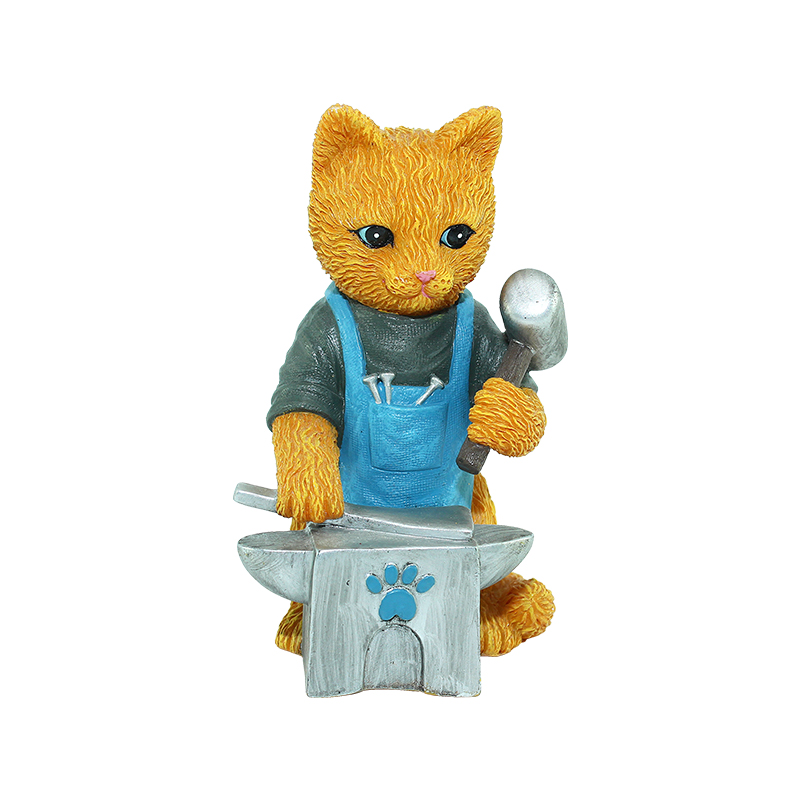News Center
In today’s competitive global market, the glass Christmas ornament industry faces growing pressure to deliver superior quality while meeting ever-evolving customer demands. For B2B stakeholders, the integration of advanced craft techniques with stringent quality control measures is not just a production strategy—it is a competitive imperative. This article explores key innovations and quality assurance practices that drive operational excellence and foster long-term partnerships in this specialized sector.
Industry Challenges and Opportunities
Market Demands: With an increasing emphasis on intricate design, customization, and timely delivery, the global market expects manufacturers to balance aesthetic appeal with production efficiency.
Technological Integration: Combining traditional glass-blowing methods with digital design tools presents an opportunity to create complex, customized ornaments while retaining the artisanal touch valued by discerning clients.
Quality Assurance: Maintaining consistent quality in a high-volume production environment is challenging. Manufacturers must implement robust quality management systems to ensure each product meets international standards and client specifications.
Innovations in Craft Technique
Hybrid Production Processes: The adoption of automated precision molding combined with digital design integration enables manufacturers to produce detailed and customizable ornament designs. This hybrid approach allows for high-volume production without compromising the traditional hand-crafted nuances that define premium glass ornaments.
Efficiency Improvements: Lean manufacturing practices and real-time process monitoring can reduce production lead times by up to 20%. This efficiency not only meets seasonal market demands more effectively but also reduces operational costs, providing a significant competitive edge.
Customization at Scale: Flexible manufacturing systems allow for large-scale production of personalized ornaments. By tailoring production runs to specific client requirements, manufacturers can offer bespoke solutions while maintaining consistent quality across batches.
Robust Quality Control Systems
End-to-End Monitoring: Advanced inspection technologies, such as automated optical scanning and spectroscopic analysis, are integrated at critical production stages. These systems detect defects early and ensure that every ornament adheres to strict quality standards, including internationally recognized certifications like ISO and BSCI.
Data-Driven Continuous Improvement: Real-time quality data analytics empower manufacturers to continuously refine production processes. Regular audits and statistical quality control measures guarantee that deviations are quickly addressed, ensuring consistent quality and operational efficiency.
Supplier and Material Certification: Rigorous evaluation and certification of raw materials and suppliers form the foundation of quality assurance. By ensuring that only high-grade inputs are used from the outset, manufacturers enhance overall product reliability and durability.
Strategic Benefits for B2B Customers
Enhanced Reliability: Consistent product quality and reliable on-time delivery build trust and lay the groundwork for enduring business partnerships.
Cost Efficiency: Streamlined processes and reduced waste translate directly into lower production costs, enabling competitive pricing for bulk orders and improved profit margins.
Agile Market Response: The ability to rapidly adapt to changing market trends and client specifications provides a decisive advantage during peak demand periods, ensuring that B2B clients receive tailored solutions in a timely manner.
For B2B customers in the glass Christmas ornament industry, the convergence of innovative craft techniques and rigorous quality control is essential for maintaining a competitive edge. By leveraging advanced technologies and implementing comprehensive quality management systems, manufacturers can deliver superior products that meet the highest standards of design, durability, and efficiency. This commitment to excellence not only drives sustainable growth but also solidifies long-term partnerships in a rapidly evolving global marketplace.

